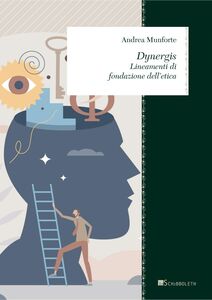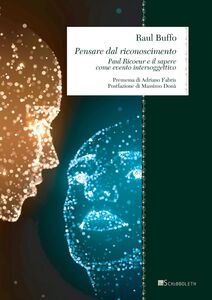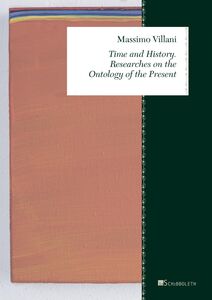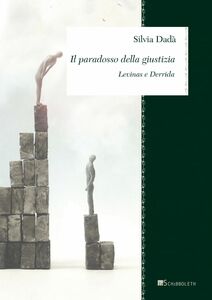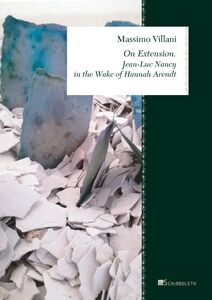
The point of intersection between the theoretical paths of Nancy and Arendt lies in the theme that is also the most difficult problem they bequeath to us. Both, in fact, think of being in terms of a drive to appear, a movement that tends to be infinite and, for that very reason dangerous, and yet one that must be indulged and even urged. Thought must, so to speak, stay close to this original dimension in which extension spaces itself: it is in this proximity that existence experiences a thrill, a fervor. It is what Arendt calls “public happiness” and Nancy calls “ferveur” or “extase”. The stakes of both philosophical exercises are very similar. It is a matter of identifying with extreme accuracy and within a much broader ontological drive, the narrow space between an intensification of existence comparable to fascist and fusional ardor, and an exposition that remains at a suspended step. It is a matter of taking the narrow path between mystical ecstasy, and an inoperative ecstasy, that is, a projection towards the outside that does not access any surreality, but merely spaces – continually putting back into play – immanence in which we are.
Détails du livre
-
Éditeur
-
Langue
Anglais -
Date de publication
-
Nombre de pages
196 -
Collection
-
Série
À propos de l'auteur
Massimo Villani
Massimo Villani has a PhD in Political Philosophy. His studies concern modern and contemporary thinking. He is a member of the scientific/editorial staff of «Shift» and «Post-filosofie». He has translated and edited the Italian edition of several works of Jean-Luc Nancy and Jacques Rancière. He collaborates with the reviews «OperaViva», «err. scritture dell'imprevisto», «Singola. Storie di scenari e orizzonti». He published the monograph Arte della fuga. Estetica e democrazia nel pensiero di Jean-Luc Nancy (Mimesis, Milano-Udine 2020).



